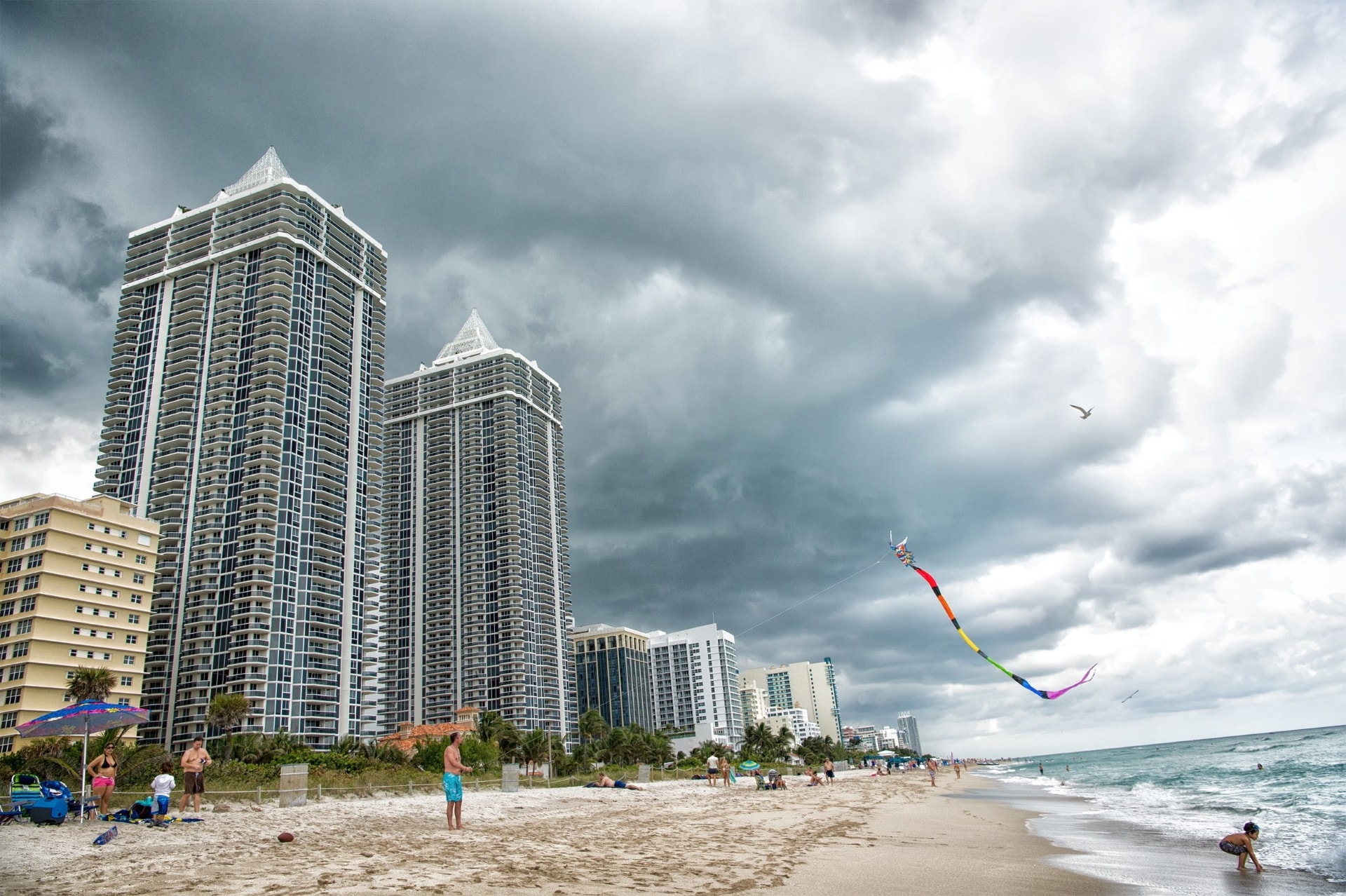Condominium Association Damages Claim
Public Adjusters

FLORIDA COMMUNITY ASSOCIATION JOURNAL BEST PUBLIC ADJUSTERS ● 2021, 2022, 2023
Condominium Associations

When dealing with a complex property loss, complying with statutory guidelines, the dynamics of working with a board of directors, and membership politics, this is a very specialized type of adjusting. We have helped condominiums and townhomes recover hundreds of millions of dollars in property losses, some of whom did not even know they had a claim to start with.
Why Hire an Expert Public Adjuster?
Stone Claims Group Private Adjusters Handle your Condominium Association Claim
We Handle The Headache
We Maximize Your Settlement

We Get Paid When You Get Paid
We Have The Policyholder's Interests In Mind
Type Of Condominium Association Damages We Cover
Get the Best Settlement for Your Condominium Association Claim
Don't Leave any Money on the Table



Bring us your claim
Complete a Thorough Inspection & Claims Package
Settle at a Higher Rate
Condominium Associations We Have Helped
Please take a moment to review some of our results, and some of the many clients we have helped throughout the years
Areas We Serve
Licensed And Trusted in 18 States
112
Hail events
696
Wind events
370
Hurricane & flooding events
57
Tornado events
77
Lightning events
79
Hail events
727
Wind events
762
Hurricane & flooding events
15
Tornado events
20
Lightning events
113
Hail events
1318
Wind events
293
Hurricane & flooding events
13
Tornado events
24
Lightning events
1394
Hail events
1448
Wind events
1277
Hurricane & flooding events
258
Tornado events
38
Lightning events
112
Hail events
696
Wind events
370
Hurricane & flooding events
57
Tornado events
77
Lightning events
627
Hail events
347
Wind events
119
Hurricane & flooding events
57
Tornado events
7
Lightning events
20
Hail events
84
Wind events
185
Hurricane & flooding events
2
Tornado events
6
Lightning events
161
Hail events
945
Wind events
221
Hurricane & flooding events
147
Tornado events
31
Lightning events
63
Hail events
576
Wind events
571
Hurricane & Flooding events
7
Tornado events
6
Lightning events
291
Hail events
839
Wind events
503
Hurricane & flooding events
51
Tornado events
19
Lightning events
66
Hail events
498
Wind events
259
Hurricane & flooding events
9
Tornado events
13
Lightning events
741
Hail events
563
Wind events
320
Hurricane & flooding events
46
Tornado events
5
Lightning events
209
Hail events
556
Wind events
244
Hurricane & flooding events
147
Tornado events
18
Lightning events
653
Hail events
632
Wind events
547
Hurricane & flooding events
171
Tornado events
4
Lightning events
289
Hail events
1334
Wind events
537
Hurricane & flooding events
37
Tornado events
12
Lightning events
158
Hail events
707
Wind events
370
Hurricane & flooding events
54
Tornado events
16
Lightning events
225
Hail events
848
Wind events
223
Hurricane & flooding events
40
Tornado events
24
Lightning events
207
Hail events
1281
Wind events
1305
Hurricane & flooding events
33
Tornado events
16
Lightning events
176
Hail events
325
Wind events
289
Hurricane & flooding events
103
Tornado events
16
Lightning events
24
Hail events
156
Wind events
58
Hurricane & flooding events
4
Tornado events
1
Lightning event
*Source for each damage type comes from NOAA. Year of damage types vary from 2015 - 2020.
What Our Clients Are Saying
Unmatched Expertise at Stone Claims Group

“Dealing with Stone Claims Group was one of the most rewarding experiences I’ve had as a board member. Not only did they deliver monetarily in a huge volume for our association, but they also brought an unmatched expertise and professionalism.”
R. Holland, BOD President
Jacksonville, FL

“I just want to thank you for all you did for owners at Top of the Gulf. As you must have known I was one of the biggest skeptics. Thank you for changing my mind. I admire the way you never let up and continued to come by and tell us why we needed your company. Thank you again for persistence, we would have been in poor shape if everyone was like me.”
C. Jordan Board Member
Florida Panhandle
“Most caring and expert adjusters! Their skill, energy, and technological knowledge is second to none. 6/5 stars.”
Appraisal Client
“The Board is grateful for your top-notch communication and settling our hail claim. Also, your recommendation of such efficient roofers is the reason our property values have increased massively.”
BOD President
Condominium Association FAQS
What is a Public Adjuster?
A Public Adjuster is a professional claim advocate representing the policyholder in negotiation and appraising your insurance claim.
A Public Adjuster is a professional claim advocate representing the policyholder in negotiation and appraising your insurance claim. A licensed public adjuster or an attorney are the only two types of individuals representing policyholders for a property damage claim. A public adjuster must meet strict educational, background, and ethical criteria required by the state government to work as a public adjuster.
What Is the Difference Between a COA (Condominium Owners Association) and an HOA (Home Owners Association)?
One of the main differences between condominium owner associations (COAs) and homeowner associations (HOAs) is how the association itself administers property development.
Usually, an HOA oversees single-family homes in planned developments, usually made up of individual lots and homes. In contrast, condo associations manage common structures with multiple units, much like apartments and townhomes.
- When it comes to maintenance and repair issues, this is when things get down to the nitty-gritty. Condominium associations are responsible for all the general common elements (GCEs), such as lobbies, common hallways, sidewalks, roofs, elevators, swimming pools, and parking lots. Since it’s a community-based association, COAs typically outline their services to those in common areas. A unit owner is ordinarily responsible for maintaining their HVAC system; however in the event of an insurable loss the responsibility shifts to the association’s master policy.
For HOAs, they are responsible for maintaining, repairing, and replacing common areas, much like COAs, but with some differences jutted in. Things like sidewalks, green spaces and playgrounds are all under the purview of an HOA, as well as some landscaping of individual lots.
Condo unit owners COA’s, while allowed to run the condominium, still elect a board of directors to carry out most of the powers of a condo association. This is where something like condo associations insurance is a must-have for those who serve. Options like an umbrella policy, directors and officers liability and crime insurance are available to provide financial coverage in the event of litigation.
What Repairs Are the Condo Association Responsible for in FL?
Under the Florida condominium statute, associations are generally responsible for repairing and replacing the drywall within the condominium units.
According to Florida Statute §718.111(11)(f), the association’s policy of hazard insurance covers “all portions of the condominium property as originally installed or replacement of like kind and quality, in accordance with the original plans and specifications,” except “all personal property within the unit or limited common elements, and floor, wall, and ceiling coverings, electrical fixtures, appliances, water heaters, water filters, built-in cabinets and countertops, and window treatments, including curtains, drapes, blinds, hardware, and similar window treatment components, or replacements of any of the preceding. If a covered loss occurs, the condominium association would also be responsible for HVAC systems, roofing, exterior painting, doors, and windows.
What is the Difference Between the Condo Unit Owner Policy and the Condo Master Policy?
The Master Condo Policy or Condominium Association Insurance policy is the insurance policy that is held by the homeowners or condominium association.
An individual condominium insurance policy, or a unit owner’s policy, is the insurance policy you are responsible for as a condominium unit owner. This is essential because this policy protects your personal belongings and offers liability protection in case of an accident within your unit’s walls.
The Master Condo Policy or Condominium Association Insurance policy is the insurance policy that is held by the homeowners or condominium association. Its premium comes out of your maintenance fees or association dues. The Master Condo Policy is responsible for covering two main areas of risk — general liability for the association and property damage coverage for common areas. Common areas are generally defined as the roof and exterior walls, stairways, recreation rooms, elevators, common hallways, and grounds. The specifics of these policy differences and coverages will depend on the specifics of your Association Policy language.
What is The Difference Between a Public Adjuster, a Company Adjuster, and an Independent Adjuster?
Public adjusters work exclusively for the policyholder. A public adjuster’s goal is to help the policyholder/claimant with the insurance claim process’s ins and outs.
Many people think independent adjusters and Public Adjusters are the same things; that is just not true.
Many people think Independent Adjusters and Public Adjusters are the same, which is not true. A public adjuster’s goal is to help the policyholder/claimant with the insurance claim process’s ins and outs. Public Adjusters are experts in reading and understanding insurance policies. Experienced public adjusters will ensure you’re getting the exact amount of compensation you’re owed based on the terms of your insurance policy.
An Independent Adjuster represents the insurance carrier. When you make a claim with your insurance company, it assigns its own adjuster to your claim. Independent adjusters can work for multiple carriers, but can only represent carriers.
The last type of adjuster is a company adjuster. A company adjuster works directly for one insurance company. They work for the carrier while we work for you.



















